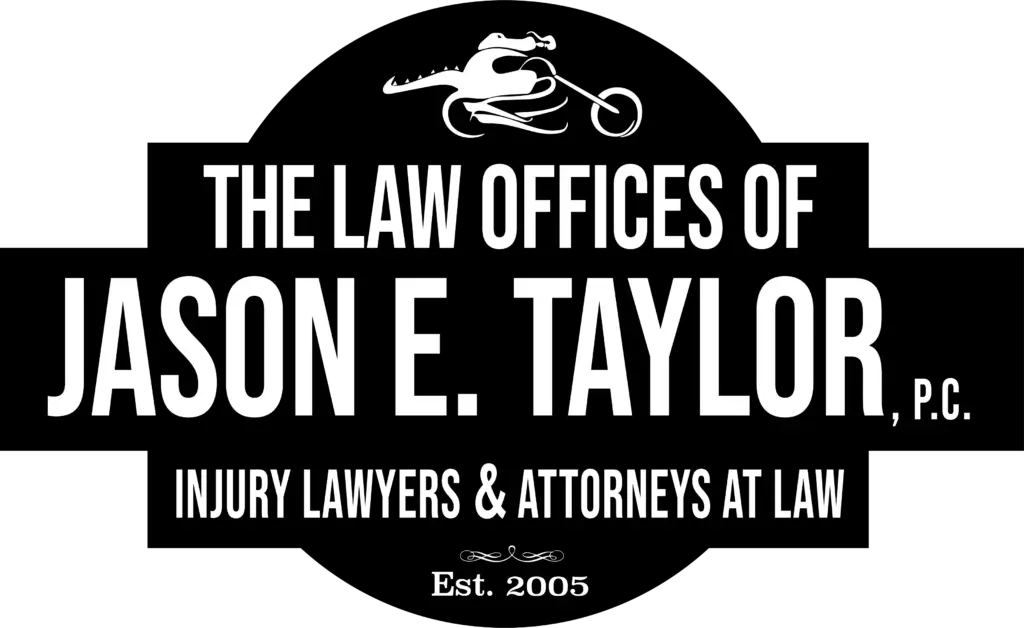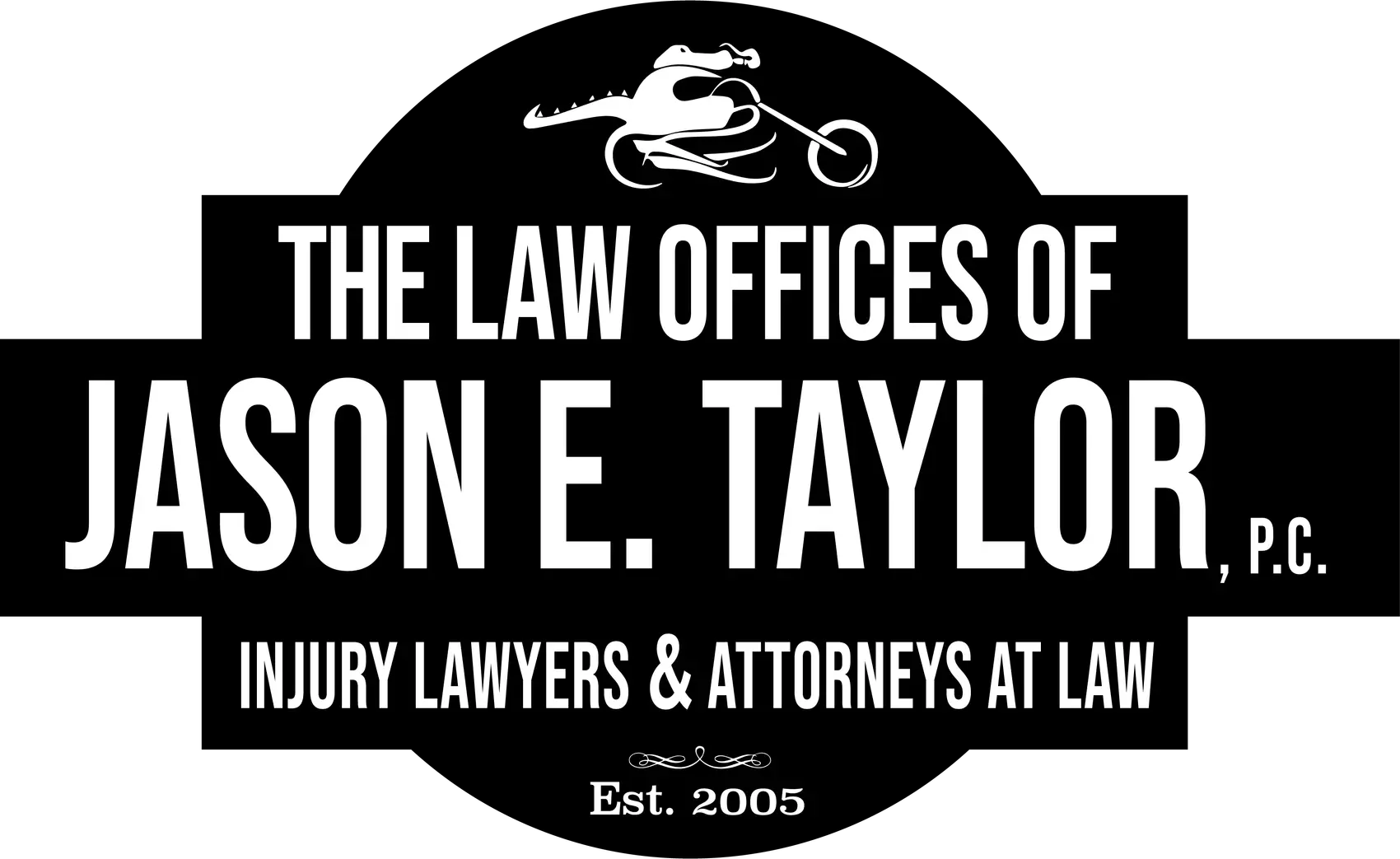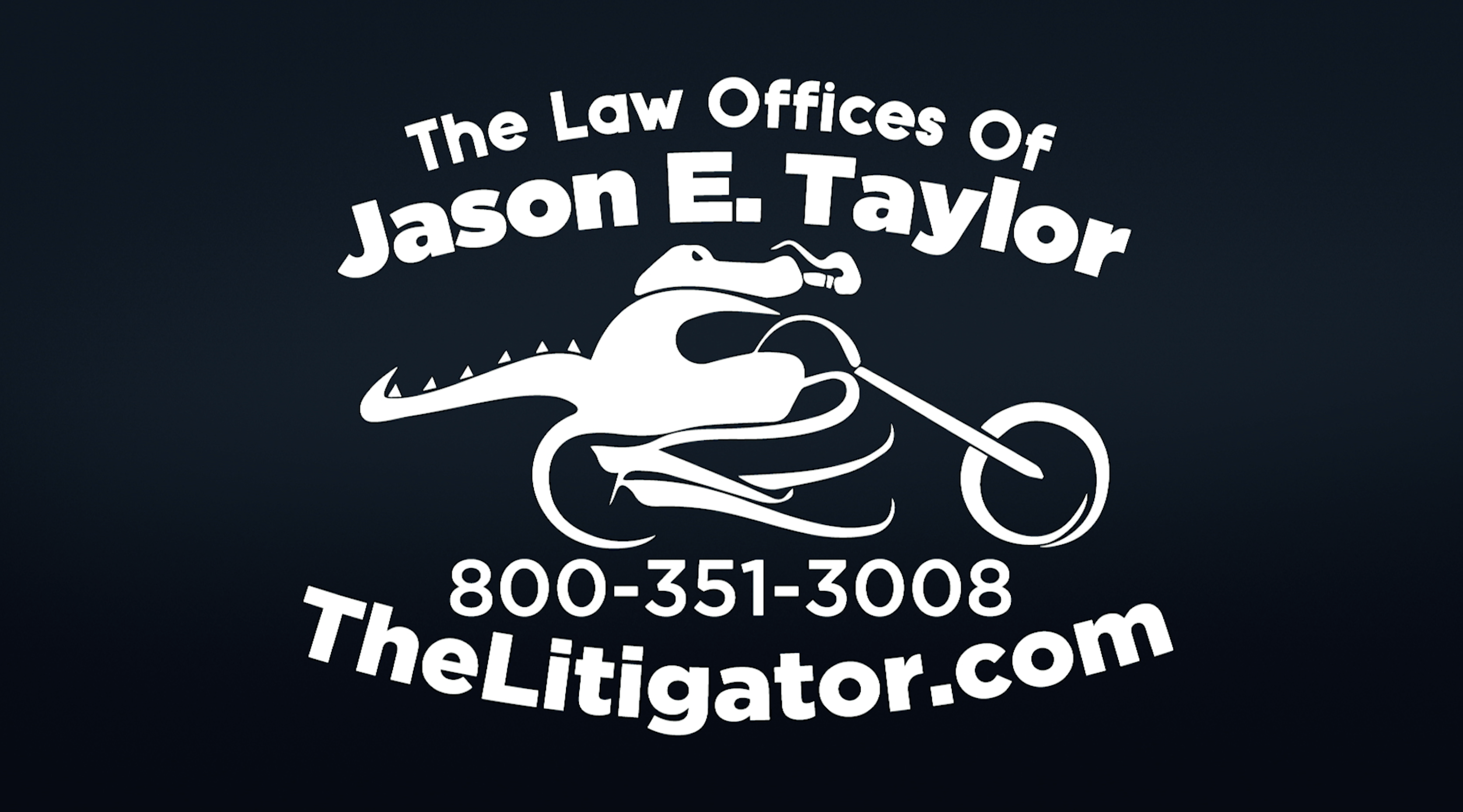When an Insurer Refuses to Pay
Do you know what’s worse than having to pay for insurance? Paying for insurance and then having your insurance company turn around and try to cheat you out of the money they owe you. Unfortunately, this happens frequently and is prevalent with a large number of insurance companies (hint: the more you see the insurance company’s advertisements, the more likely they are to try to skimp on payments).
Many insurance companies have a policy of denying claims hoping that the claimant will accept their denial and go away. In the legal world, when your policy provides coverage and the insurer refuses to pay (or adequately pay) you, these are referred to as bad faith insurance cases.
Find out more about bad faith insurance providers, what behavior may qualify as bad faith, and the types of damages bad faith cases can merit. Get your free consultation with the professionals at the Law Offices of Jason E Taylor now.
What is Bad Faith?
Bad faith is a term that describes an insurance company that doesn’t give specific reasons for your denial. Bad faith insurance companies are not looking out for their client’s best interests. Simply put, when you subscribe to an insurance plan, you agree to pay for coverage for any eventuality. Ideally, the insurance company should provide payment when you experience a loss covered by their policy.
For bad faith claims, the insurance company has breached your contract without legitimate justification. Bad faith is only recognized when the company doesn’t provide adequate reasons or has done something unlawful. Just because you aren’t happy with your settlement offer doesn’t mean you may have a bad faith case. A knowledgeable bad faith attorney can help you understand if your case meets this definition.
Insurance bad faith cases are often tricky and complex, which insurance companies go to great lengths to fight. At the Law Offices of Jason E. Taylor, our Charlotte, Hickory, Greenville, and Columbia attorneys understand bad faith cases and are ready and willing to take the insurance company on.
Examples of Bad Faith Insurance Tactics from Car Insurance Companies
Regardless of what type of insurance claim you have asserted, your insurance company should act in good faith and treat you fairly and adequately. Under an insurance policy, every insurance carrier has a duty to investigate your claim promptly and thoroughly and payout legitimate claims in a reasonable time frame. Failure to do either of these duties may constitute bad faith.
It is essential to understand that not all disagreements with insurance companies result from bad faith. Most aren’t. That’s because bad faith requires something more than a dispute over the value of your claim or how long it is taking to resolve. Bad faith requires a blatant disregard of your rights as a policyholder. In other words, bad faith requires that the insurance company is willfully acting to undermine your right to compensation.
An insurance provider has acted in bad faith if they do not meet the obligations outlined in their policy language. Bad faith can also include not complying with the laws of the state where the claim was filed.
Common examples of bad faith include:
- Failing to defend you against a claim.
- Not settling a claim within a reasonable timeframe.
- Not providing an adequate explanation for your denial.
- Providing unnecessary or unreasonable paperwork requirements for claim processing.
- Outright refusing to pay a claim.
- Not paying a claim in promptly.
If you suspect that your insurance company has used bad faith to deny your insurance claim, consult with our attorneys, who understand how insurance claims work and how to prove bad faith to get you the insurance proceeds you deserve.
Contact Our Bad Faith Insurance Lawyers Today!
The Law Offices of Jason E. Taylor represent people involved in disputes with their bad faith insurance companies. With office locations in Charlotte, Hickory, Greenville, Rock Hill, and Columbia, we handle cases throughout North and South Carolina.
Our legal team has a great deal of experience resolving bad faith disputes between our clients and their insurance companies. At the Law Offices of Jason E. Taylor, our attorneys negotiate with and litigate against insurance companies to make sure insurance companies act in good faith.
You shouldn’t have to fight bad faith insurance companies on your own. Schedule your free consultation now.
Contact our Personal Injury Attorneys
Contact us today to speak with one of our Charlotte, Hickory, Greenville, Rock Hill, or Columbia attorneys.







